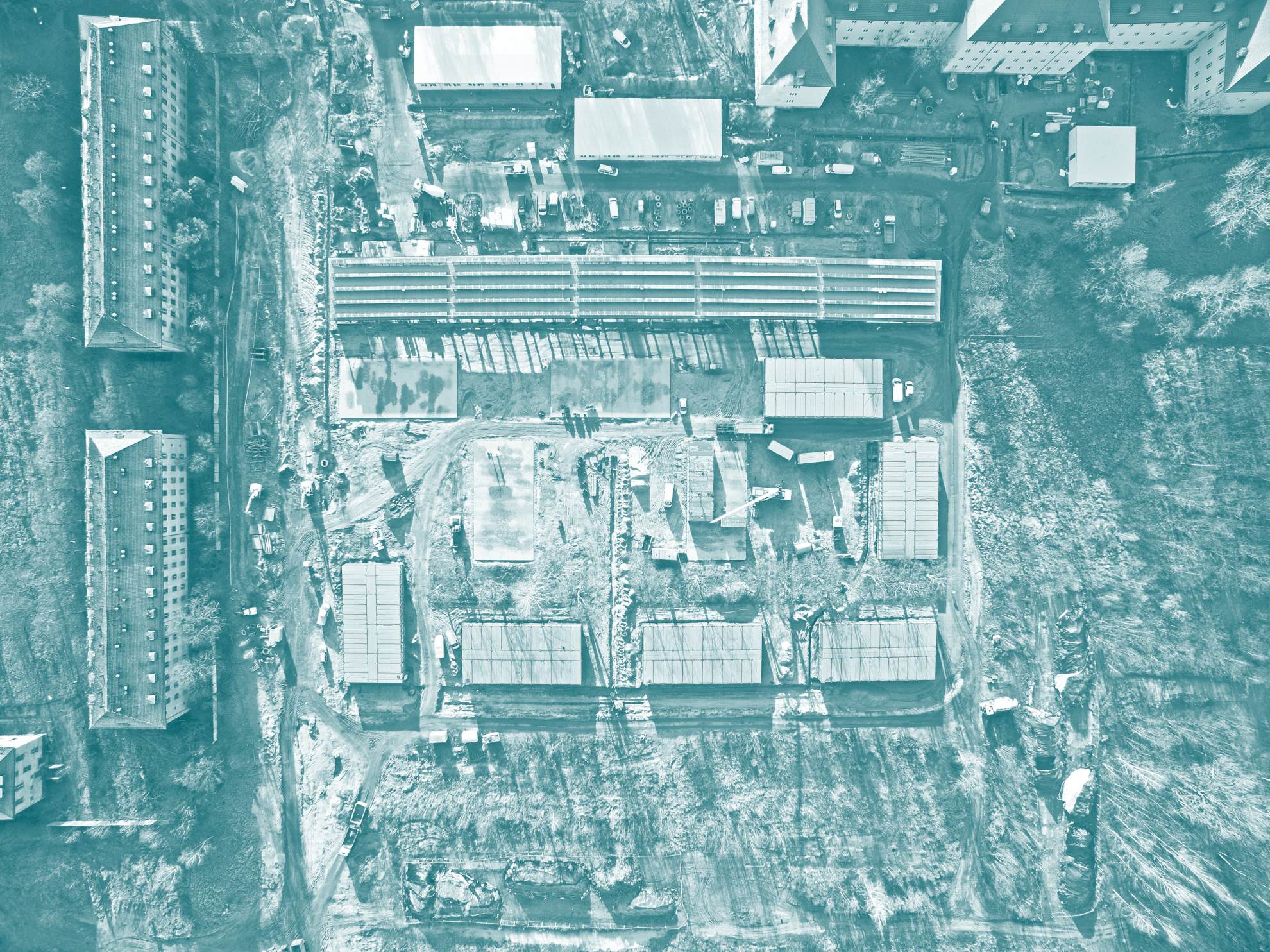17 June 2021 17:10 Postcolonial Nation Building
Senegalese Suburbia: Building Homes and Bureaucratic Dreams in Postwar Senegal, 1945–1965
Gregory Valdespino (University of Chicago)
This paper examines suburban home designs in Senegal from the early 1950s to the mid-1960s to argue that state bureaucrats, under both colonial and post-colonial regimes, tied state legitimacy to emerging international standards of middle-class domestic consumption. It examines how Senegalese and French actors used suburban housing complexes in post-war Dakar to assert the legitimacy of diverse political projects in the era of decolonization. French and Senegalese officials, architects, and urban planners did this by participating in post-war global debates about mass housing.
The paper begins by examining the way that French planners sought to use American suburban design practices to create rapid housing for a growing Senegalese bureaucratic class. It then examines how these projects were discussed at trans-imperial conferences on mass housing, with a particular focus on a conference held in 1954 in South Africa. French planners used these connections and comparisons to demonstrate that they were internationally legitimate stewards of Senegalese society. They did this by demonstrating their ability to make single-family homes that provided Senegal’s African bureaucrats with the “modern” comforts increasingly becoming central to state legitimacy in the early Cold War. The paper concludes by examining how Senegalese politicians and planners working after independence used these same suburban homes to articulate the legitimacy of the independent Senegalese nation. However, they used these homes as proof of their ability to build homes for a white-collar bureaucratic class that harmonized Western and pan-African ideologies. Ultimately, this project demonstrates how French and Senegalese elites tried to use suburban homes and the global connections they fostered to shore up the legitimacy of their own political projects.
Gregory Valdespino is a PhD Candidate in History at the University of Chicago. His research examines the interconnectedness of African and European histories with a particular focus on material culture, imperialism, domesticity, and welfare. His dissertation project is entitled “At Home in Empire: Dwelling, Domesticity, and Welfare in France and Senegal, 1914–1974”. His forthcoming published work includes the article, “In His Eyes I am Foreign to France: Migration and Repatriation Between France and Senegal, 1858–1911”, for the journal French Colonial History and a chapter, “Plagues, Housing, and Battles Over Segregation in Dakar, 1914”, for the edited volume Epidemic Urbanism. These works all examine the intersection of intimate lives and imperial policies in France and colonial West Africa. His work is supported by the Committee on African Studies at the University of Chicago and the George Lurcy Charitable and Educational Trust.
